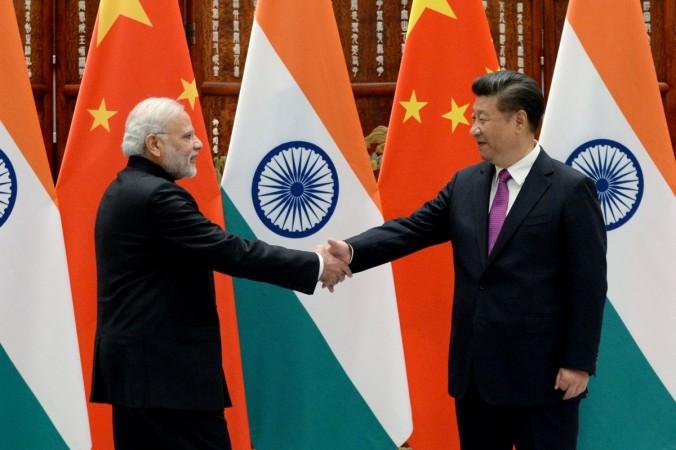
After a prolonged standoff and ahead of the ninth BRICS summit to be held in China's Xiamen in early September, New Delhi and Beijing finally reached a consensus to defuse the tension at Doklam in the Sikkim sector through diplomatic means.
For the hyper-nationalists, these could be an anti-thesis but for the realist minds of international affairs, this was always coming for the current leaderships in both the neighbouring countries are not propelled by emotions and although they have assertive ideological stands, they also deal with sensitive issues with pragmatism.
The Doklam row was not utilitarian for either India or China despite all the muscle-flexing done by the media on both sides. In terms of the prevailing demands of international politics and economy, Doklam was always a potential threat to both New Delhi's soft power and Beijing's hard power and nothing could have been wiser than finding a peaceful end to it.
International politics
Speaking about the international politics, the Doklam episode was only adding to the concern of a number of prominent powers like the US, Japan and Russia. Given the snowballing crisis in the Korean Peninsula over North Korea's growing nuclear ambitions and also its intensifying domestic problems, the US was certainly not going to jump to India's support over Doklam. A similar story also applies to Japan which has shown pro-China tendencies of late.
Russia, which has seen itself as a power in the mode of reinvigoration and challenging the US-led world order, also feels unsettled by the prospects of an India-China standoff for it, according to Moscow, would allow Washington to relax and try unethical means to harm the prospects of a platform alternative to the one led by itself.
Russia really wants to see platforms like BRICS to undermine the USA's world dominance and that makes the bonding in the club all the more essential. Allowing a regional crisis like Doklam between two prominent members of the BRICS doesn't serve the bigger purpose which is to find an alternative world order and balance it with the current one led by the West.
India-China relations
The bilateral relations between India and China also necessitate an urgent settlement of the row because both countries have a lot at stake. As two of the most prominent economies of the world, India and China need to work together to improve their mutual trade and also give leadership to the world in matters related to climate change following the withdrawal of the US from the Paris climate pact. India also needs to engage with China through its world-known soft power to influence its people and culture (just like Aamir Khan did with his 'Dangal') instead of comparing things more in terms of politics and military might.
India and China are frenemies rather than enemies despite the fact that China invariably supports Pakistan over India (that's more of a strategy) and the powerful leaders of the two countries – Prime Minister Narendra Modi and President Xi Jinping – know how important it is to engage with each other instead of preparing for a showdown.

















